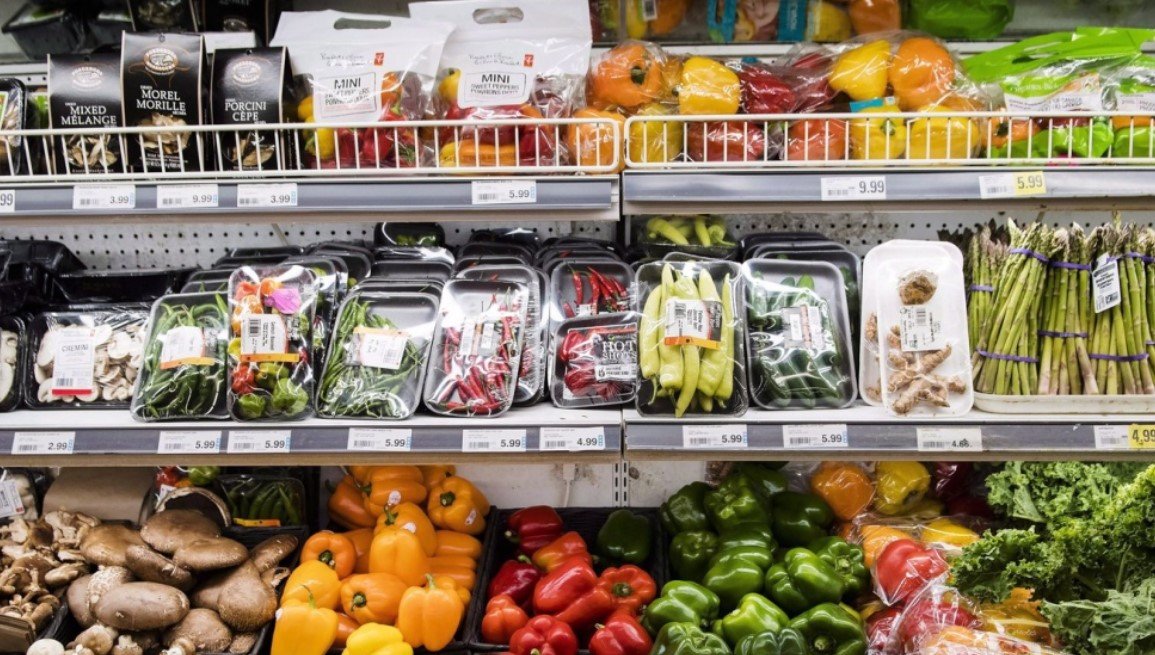The British Retail Consortium (BRC) has reported that food prices in September fell by 0.1% from the previous month, marking the first monthly decline since 2021. The BRC attributed the drop to fierce competition among supermarkets, which led to lower prices for dairy products, margarine, fish and vegetables.
Grocery inflation remains high but is easing
Despite the monthly fall, food prices are still rising at a high annual rate of 9.9%, down from 11.5% in August. The BRC said that this was mainly driven by higher costs of raw materials, transportation and labour, as well as global shortages of some commodities such as sugar. However, it also noted that grocery inflation was expected to continue to slow down over the rest of the year, as supermarkets absorb some of the cost pressures and pass on savings to consumers.

Non-food prices also fall to the lowest level in a year
The BRC’s shop price index, which covers both food and non-food items, showed that overall shop price inflation fell to 6.2% in September, the lowest rate since October 2022. The BRC said that this was partly due to price cuts on school uniforms and other back-to-school items, as well as seasonal discounts on clothing and footwear. The BRC also said that non-food prices were likely to remain low in the coming months, as retailers compete for customers amid weak consumer confidence and spending.
Consumers still feel the impact of rising cost of living
The BRC’s chief executive, Helen Dickinson, said that while the fall in shop price inflation was welcome news for shoppers, it did not mean that prices were coming down, but rather that they were rising less quickly. She also warned that there were still many risks to this trend, such as high interest rates, climbing oil prices, global shortages of sugar, and the supply chain disruption from the war in Ukraine. She urged the government to take action to support the retail sector and ease the burden on consumers.
Mike Watkins from NielsenIQ, which produces the shop price index with the BRC, said that despite price cuts by supermarkets in recent weeks, more than half of households still felt that they were significantly impacted by the continued increases in cost of living. He said that consumers were looking for ways to save money on their food shop, such as buying own-brand products, shopping around for deals, and using loyalty cards and vouchers.
